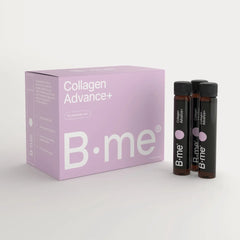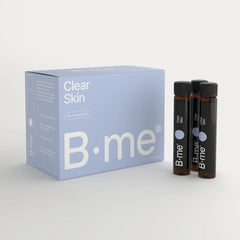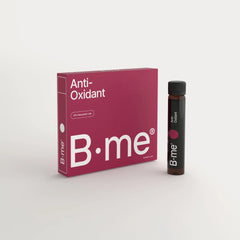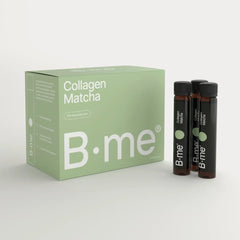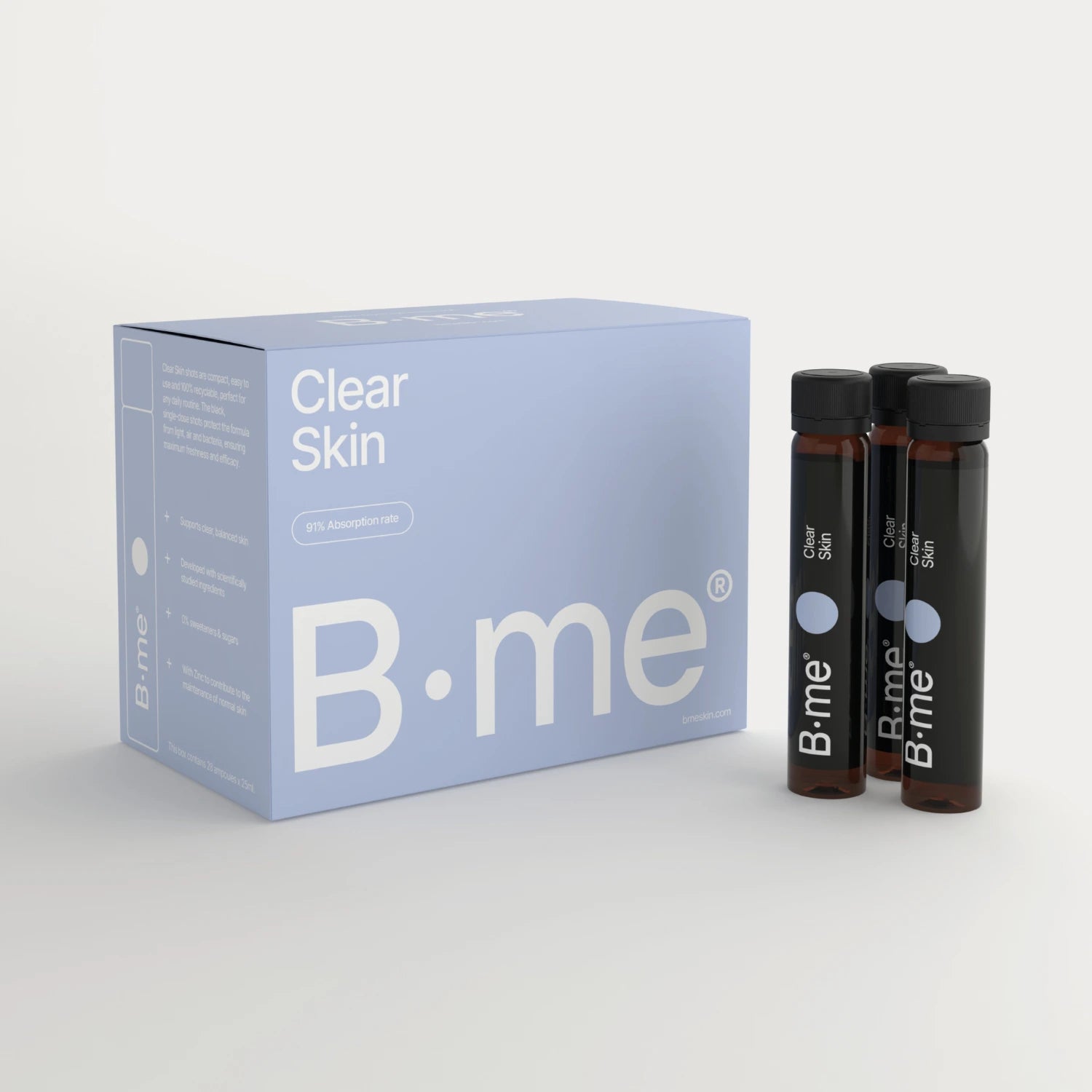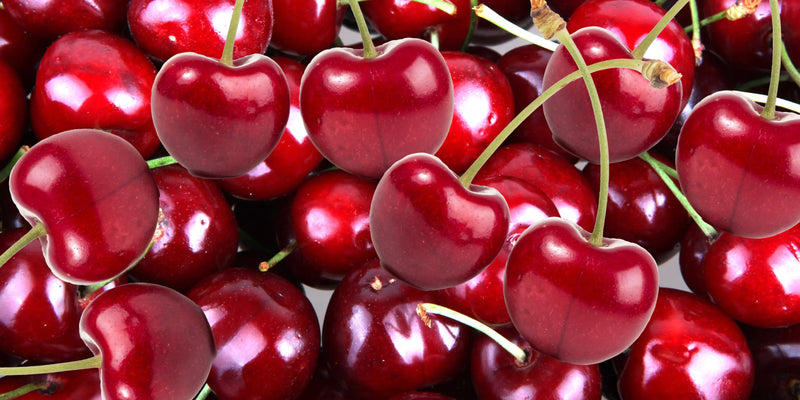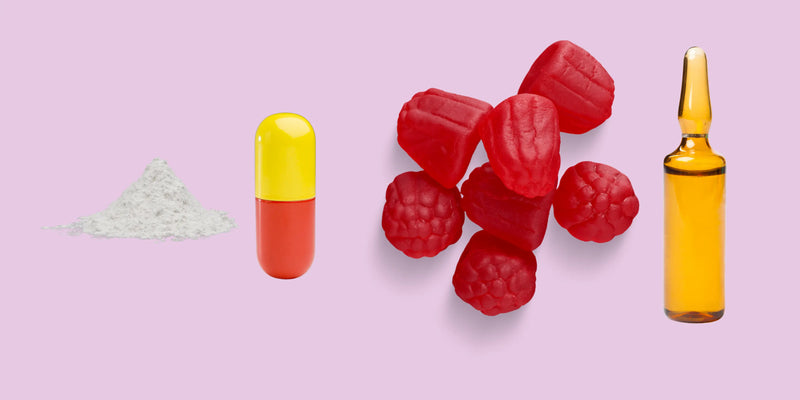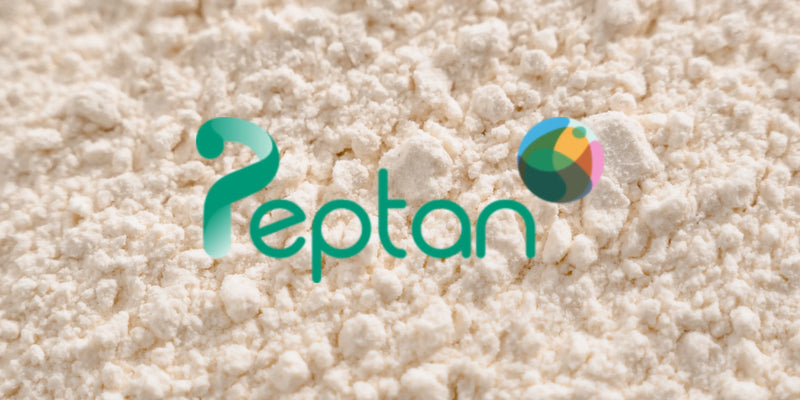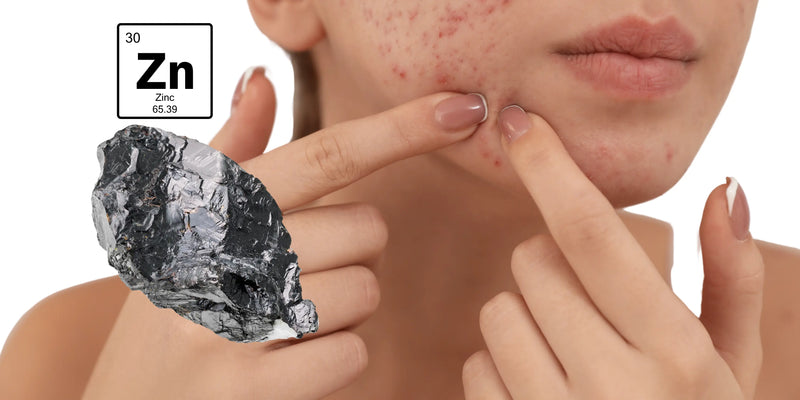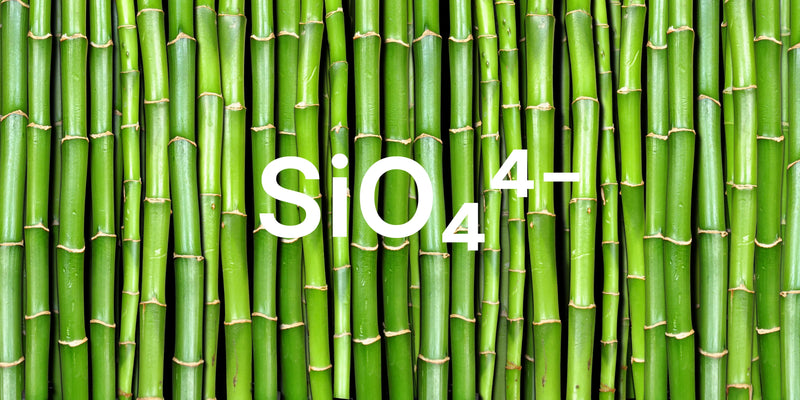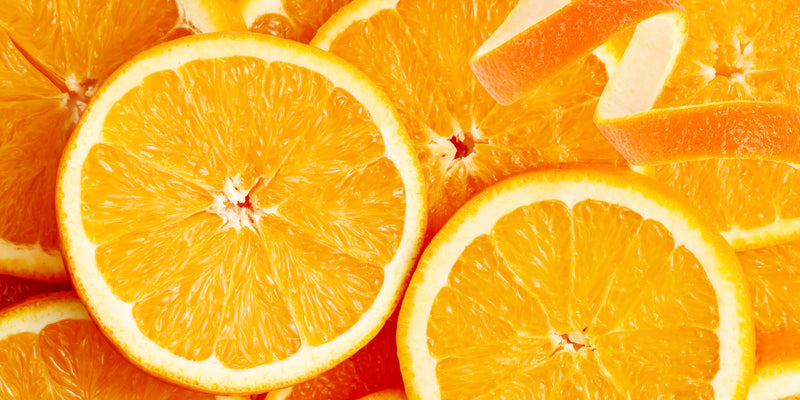Zinc is an essential mineral that plays an important role in maintaining healthy, balanced skin. It supports the skin's natural barrier function, contributes to recovery after minor wounds, and plays a role in protecting against external influences such as free radicals. Zinc is also a much-discussed ingredient for people with oily or impure skin.
In this blog you will discover which foods are rich in zinc and how they can naturally support your skin from within.
Why is zinc important for your skin?
Zinc supports numerous biological processes such as cell division, protein synthesis, the immune system and normal skin functioning. In the skin, zinc plays a role in:
-
Maintaining normal sebum production
-
Supporting the natural skin recovery
-
Protection against oxidative stress (free radicals)
-
The regulation of inflammatory responses
Zinc is often chosen as part of routines aimed at supporting skin condition, especially for people with impure or sensitive skin.
👉 Want to know more about zinc and acne?
Also read: How zinc helps with impure skin and acne
The Best Foods Rich in Zinc
Below you will find an overview of natural zinc sources that can easily be incorporated into your daily diet:
1. Meat and fish
Animal products are generally the most concentrated source of easily absorbable zinc.
-
Beef : One of the richest sources of zinc.
-
Chicken and turkey : Also good options for those who want to eat something lighter.
-
Salmon, tuna and shrimp : Rich in zinc and healthy fats such as omega 3, which support the skin structure.
2. Legumes
For vegetarians and vegans, legumes are a valuable source of zinc.
-
Chickpeas, lentils, black beans : Rich in zinc, antioxidants and fiber that contribute to healthy digestion and skin.
3. Nuts and seeds
These snacks are not only rich in healthy fats, but also in zinc.
-
Pumpkin Seeds : One of the most powerful plant sources of zinc.
-
Cashew nuts : Contain both zinc and vitamin E.
-
Sunflower seeds : Rich in zinc and antioxidants.
4. Whole grains
Whole grains provide zinc along with other skin-beneficial nutrients like B vitamins and fiber.
-
Oats : Supports calm skin thanks to zinc and beta-glucans.
-
Quinoa and brown rice : Plant-based proteins + zinc = top combination.
5. Dairy products
In addition to calcium and vitamin D, dairy products also contain zinc.
-
Yogurt : Contains zinc and probiotics, which contribute to the balance in your body.
-
Cheese : Practical source of zinc, especially for those who do not eat much meat.
6. Green leafy vegetables
Less concentrated in zinc, but rich in supporting antioxidants such as vitamins C and E.
-
Spinach, kale, broccoli : Good plant source of zinc, perfect in smoothies or salads.
Zinc and skin problems
Zinc is often mentioned in the context of acne or sensitive skin. This is because zinc contributes to the regulation of sebum, it supports natural anti-inflammatory processes and helps strengthen the skin barrier.
For those who want to support their skin from within, it is important to consume sufficient zinc-rich food. Especially in periods when the skin is out of balance.
What if there is a shortage?
Zinc deficiency is not common, but can affect the skin, such as:
-
Dry or flaky skin
-
Delayed skin recovery
-
Increased sensitivity
So pay attention to a varied diet, or consider – if necessary – temporary supplementation with a supplement.
In summary
Zinc-rich foods can play a valuable role in maintaining healthy, resilient skin. By including foods such as meat, legumes, seeds, grains and green vegetables in your daily diet, you are naturally supporting your skin from within.
Want extra support, without sugar or artificial additives?
Discover B.me Clear Skin – a liquid supplement with zinc, biotin and nettle.
